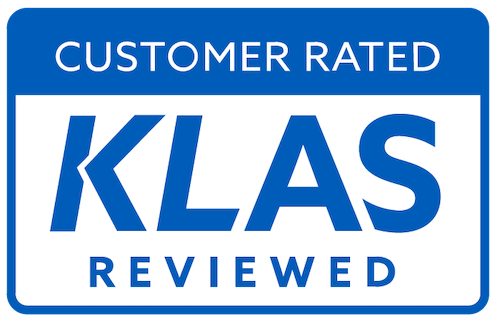Our Journey So Far
250+
Enterprise Customers
25+
Academic Medical Centers
20+
Government Institutions
15+
Health Plans & Payers
10+
Children’s Hospital
Our Expertise

In-person Training
We develop, implement and lead your training programs from beginning to end, and beyond. We employ the best EHR training talent in the market to ensure the success of your project.

E-learning Training
We create an e-learning training program that reduces the effort and cost of training. Our microlearning videos are accessible 24*7, and help reduce time away from the job.

EHR Go-live Support
We offer the best options for your ATE support needs, bolstered by a track record of proven success and lessons learned on small, medium, and large Epic implementations.
See What Our Customers Have to Say

100% of Our Customers Say 314e Exceeded Expectations.
*Based on KLAS Survey Report 2021

Case Study
The proof behind all our promises and hard work

Frequently Asked Questions
An EHR is highly complex and feature-rich enterprise software that requires effective training and upskilling of staff members for successful adoption.
Depending on the role of the staff member, EHR training can be very minimal, from a couple of hours to several days of training. Most roles require 6-8 hours of dedicated training.
Training is critical. A poorly trained staff member will poorly use the systems and, in a worst-case scenario, could cause harm to a patient.
Some of the major challenges of EHR training are how many workflows and the complexity of those flows in the system. When you couple that with the constant changes in the system, it makes it hard to stay current with the training.
Depending on the role of the staff member, EHR training can be very minimal, from a couple of hours to several days of training. Most roles require 6-8 hours of dedicated training.
It varies wildly based on role. Hospitals have more than 150 roles, and the complexity varies not only by role but also by department. So a nurse could have vastly different needs based on where she is working in a hospital. Providers average 8-10 hours of training, and Nurses average about 12 hours.
Most hospital systems measure basic competency at hire. You must pass a test before access is provided. Some have performance metrics that they must meet, but most do not, and there is little visibility into individual usage of the software.
